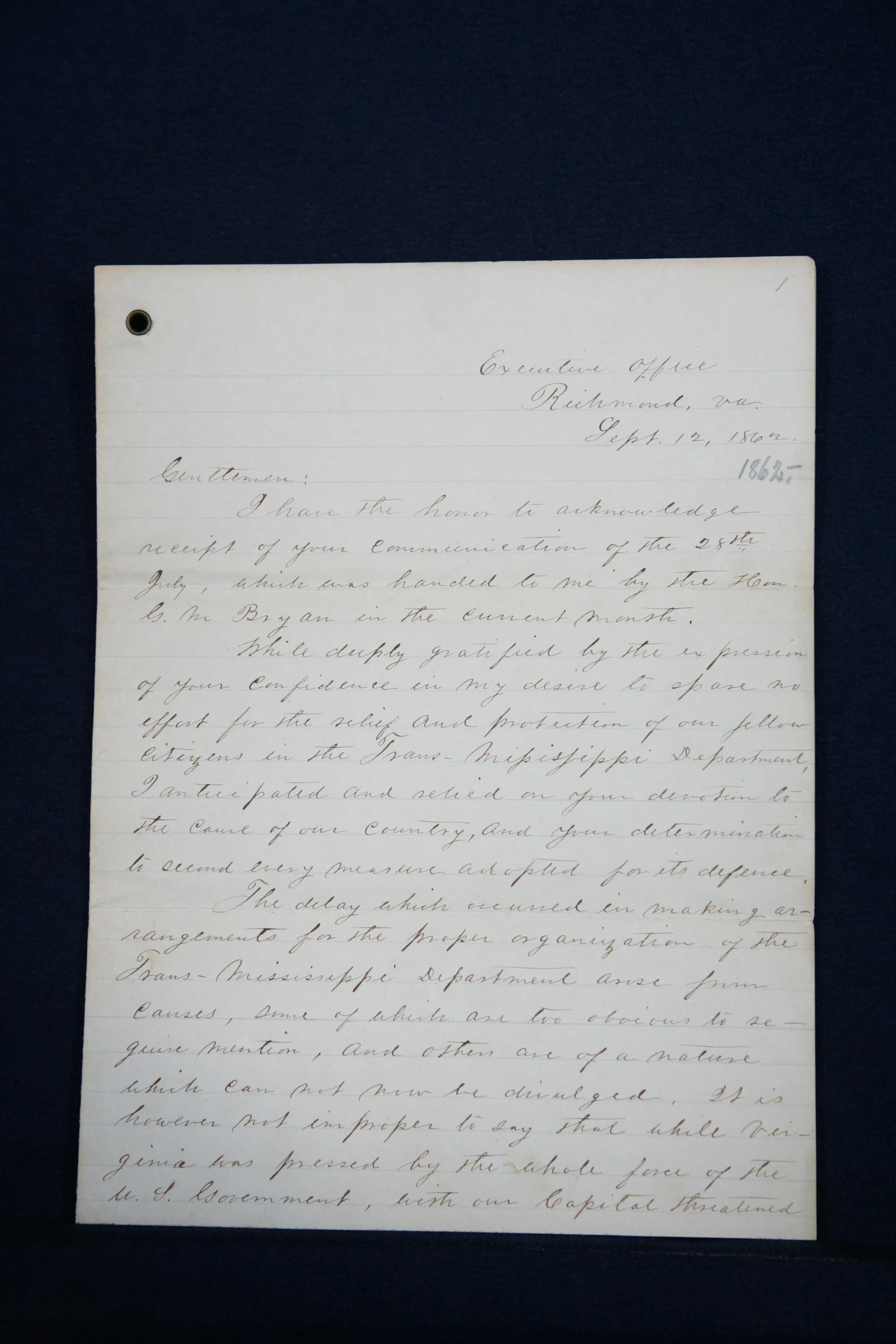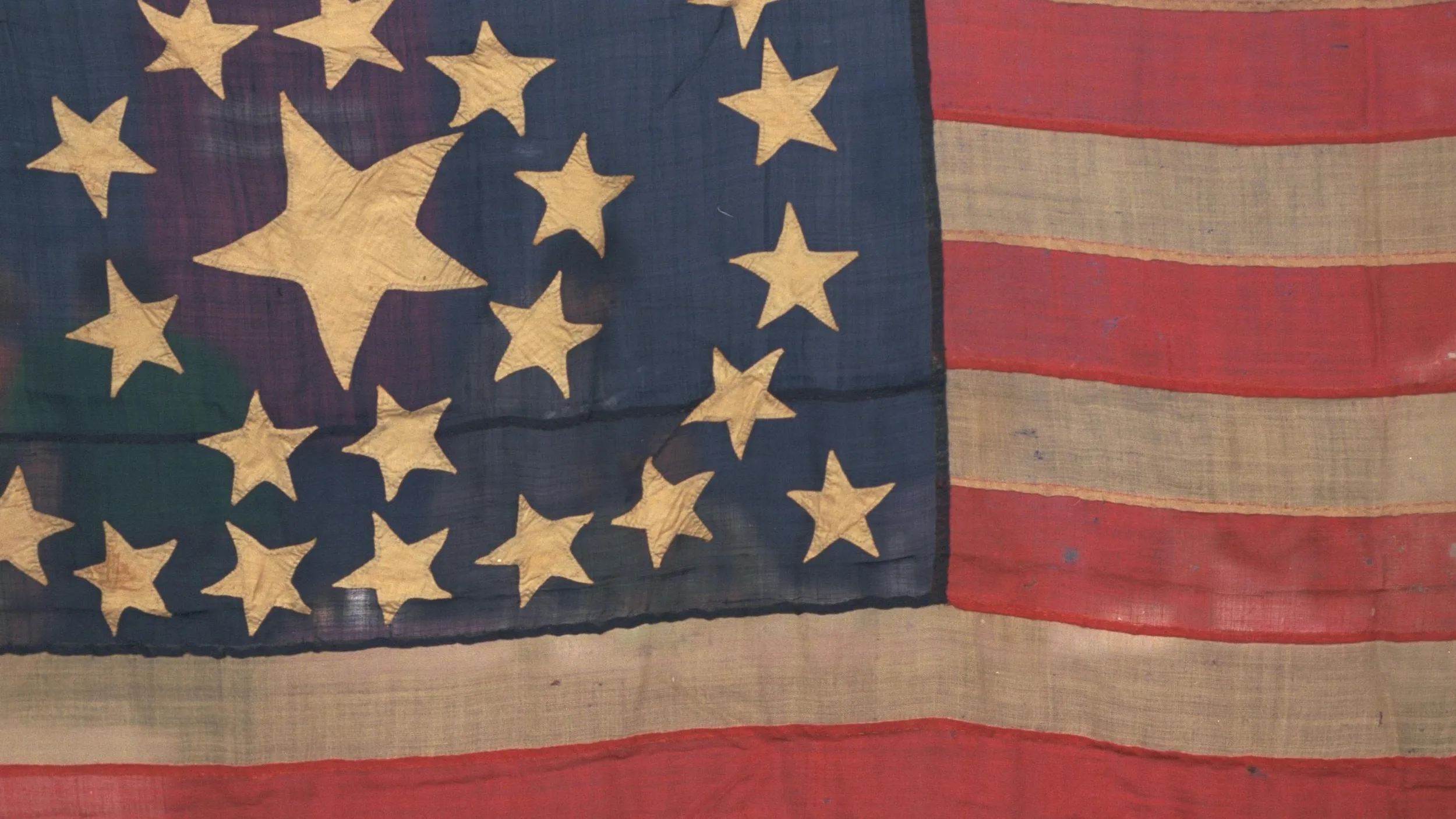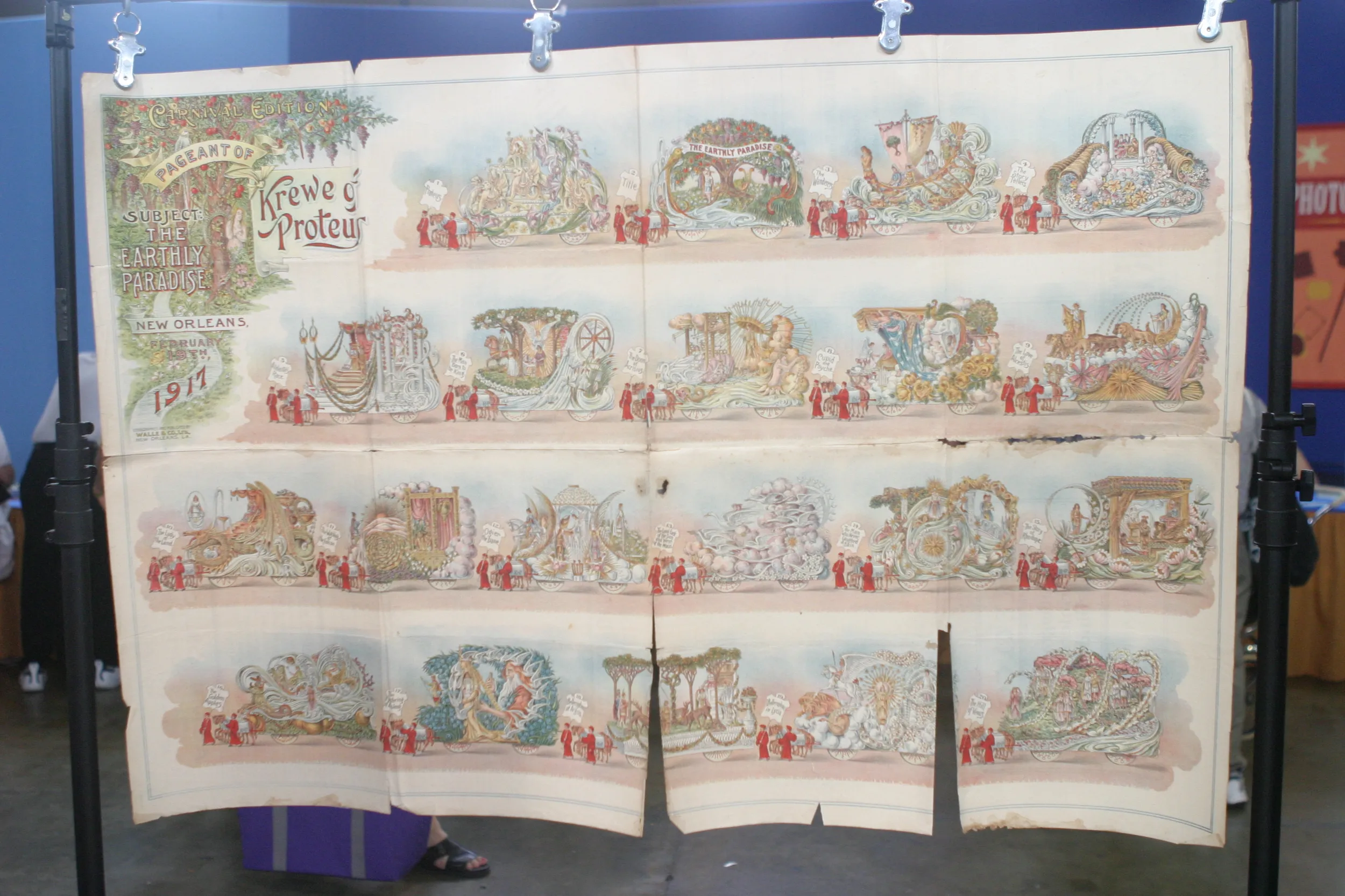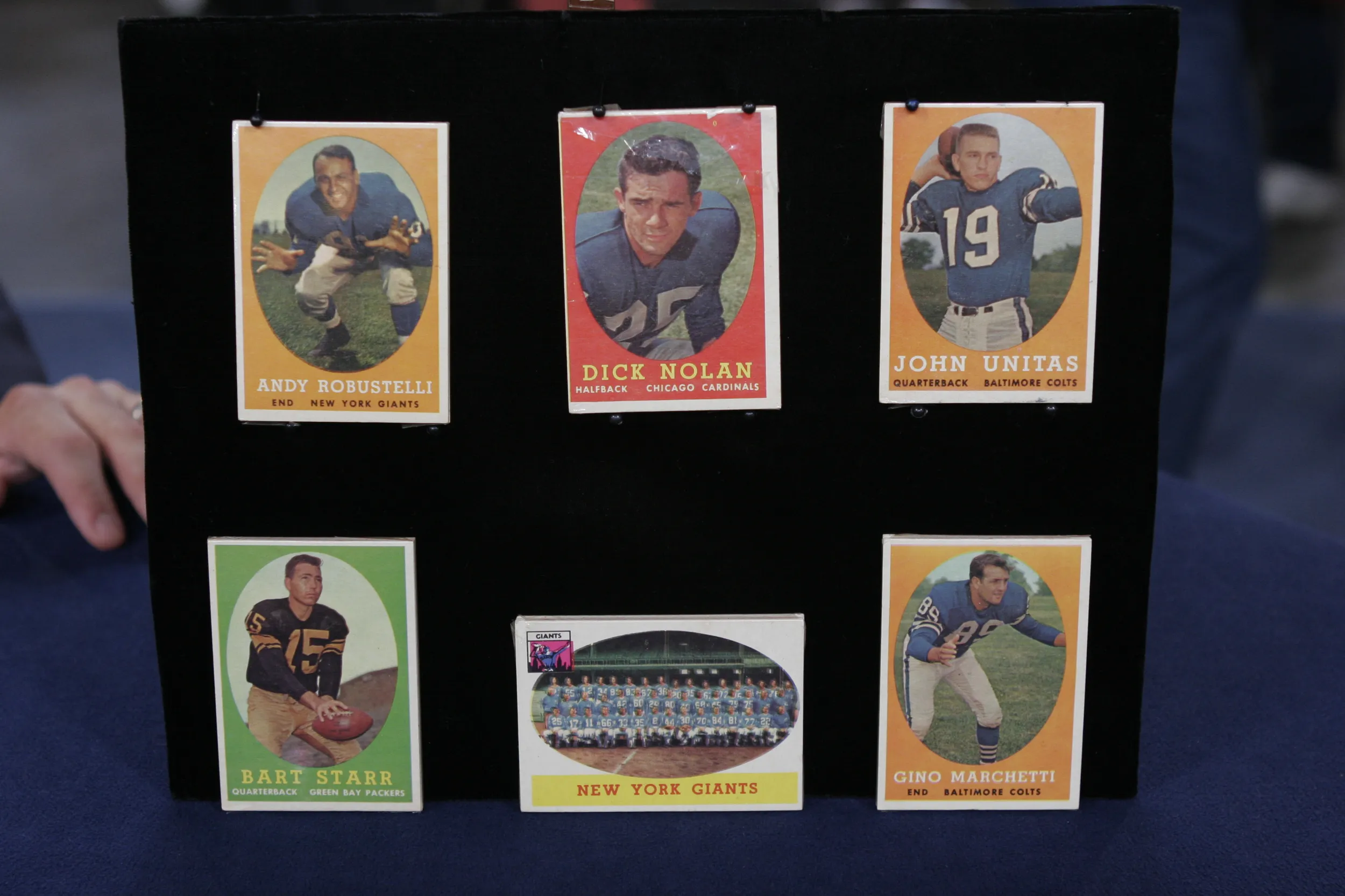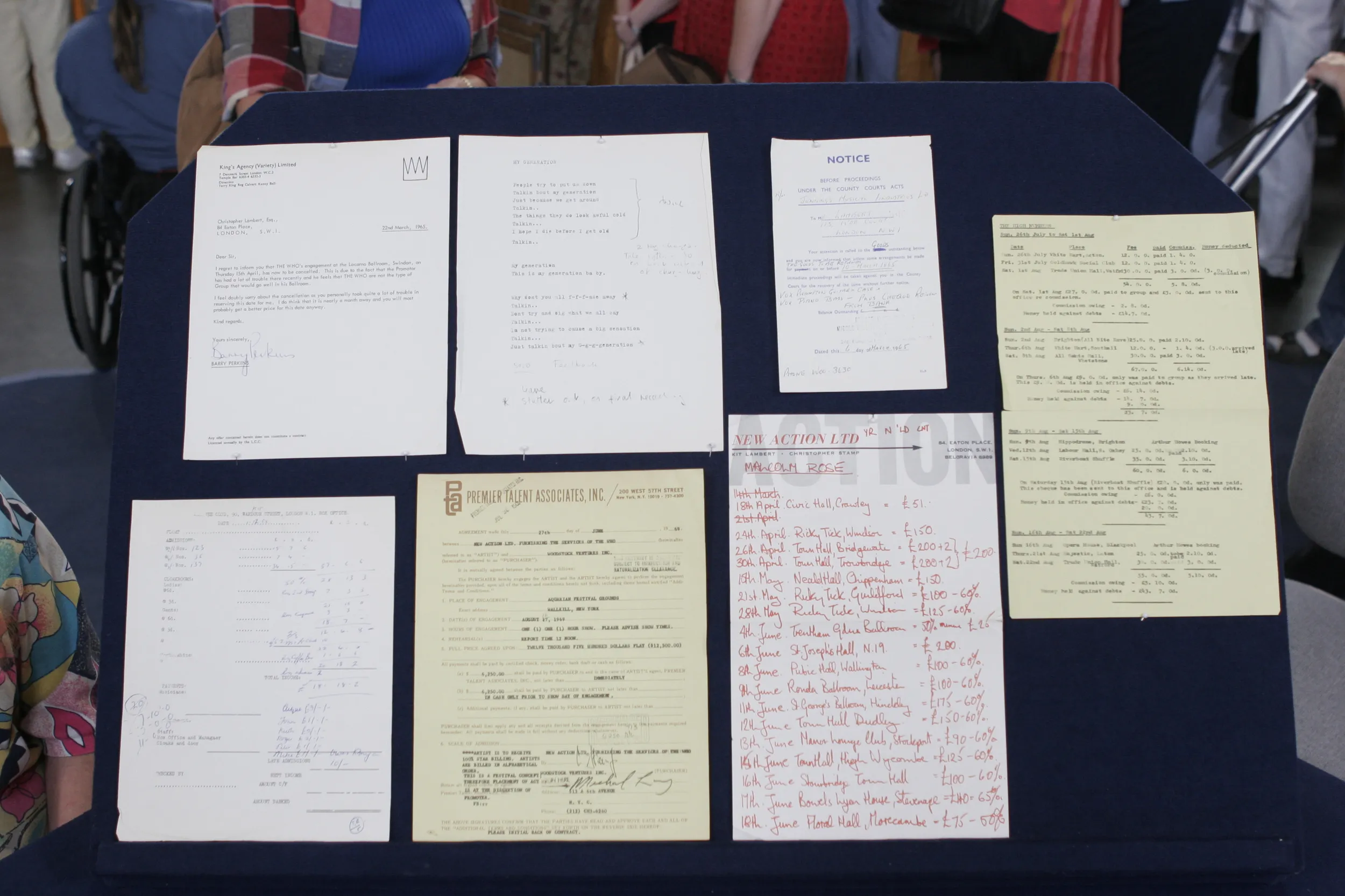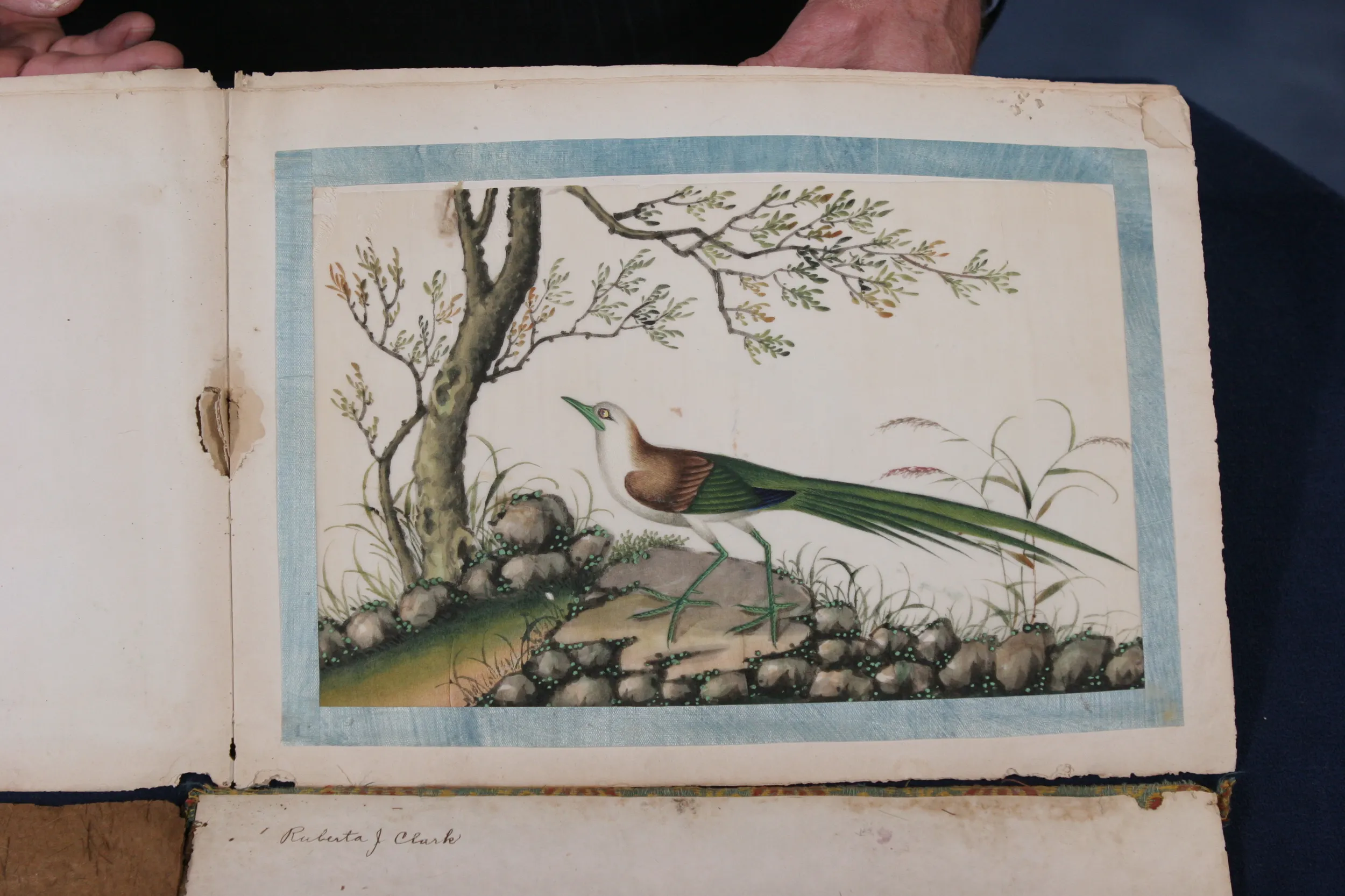GUEST: My great-grandfather was a judge and a lawyer and a kind of historian from Medina County, about 40 miles west of here. And he collected a lot of documents and things. So this letter was passed down to me through some letters and documents and things that were his.
APPRAISER: And you've been going through them, and very wisely, I think, you've singled out this particular letter. Who's the signer of this letter?
GUEST: Jefferson Davis, the president of the Confederacy.
APPRAISER: Absolutely. The letter up here has the date, 12 September, 1862. It also says, "Executive Office," which was the equivalent of the White House of the Confederacy, "Richmond, Virginia." It's a very good official military letter. First of all, here's Jefferson Davis's signature. Nice, very neat, elegant signature. He really studied his penmanship. The body of the letter, of course, as you probably know, is in a secretarial hand.
GUEST: Right.
APPRAISER: But the letter is addressed to four different people. F.R. Lubbock is at the top, and he was...
GUEST: The governor at the time.
APPRAISER: Governor of Texas. And we also have... copies of this letter were sent to Jackson of Missouri, Moore of Louisiana, and Rector of Arkansas. And those four states were considered something called the Trans Mississippi Division in the Confederacy. So it's what we call a circular letter—the same letter to several different recipients. This particular one, though, copy for Governor Lubbock. So we know that that's a Texas piece. And this letter is great, because it really reminds us that Texas was one of the states that seceded from the Union in 1861 and joined the Confederacy. What does the letter say? For Jefferson Davis, who didn't write inspired letters, it's got some great phrases. First of all, he reassures these four governors that he has "desire to spare no effort for the relief and protection of our fellow citizens in the Trans Mississippi Department." He also says that, "I rely on your devotion to the cause of your country "and your determination to second every measure adopted for its defense." So he's thanking them for their role. But evidently they had written to him complaining that they needed more support out there in the Trans Mississippi. And Davis, very interestingly, gives a reason why the support has been sort of lackluster. He says, "While Virginia was pressed by the whole force of the U.S. government with our capital threatened..." so he's talking there about McClellan's peninsula campaign directed against Richmond, which never succeeded.
GUEST: Right.
APPRAISER: And finally ended about two months before this letter. It's a wonderful thing, and rarely do you see important official correspondence of Davis like this. Condition is very good—a few little fold tears which you could easily get mended. And I know that when we were discussing this earlier, you said you wouldn't take less than $250,000 for it.
GUEST: Right.
APPRAISER: And I can identify with that sense of its importance. Jefferson Davis, unfortunately, isn't as widely collected as you'd think he would be as president of the Confederacy. There's more interest in his generals, in fact.
GUEST: Right.
APPRAISER: Based on other Davis letters I've handled at auction and seen in catalogs, I would probably value this at $15,000 to $20,000. Now, that's a market price. You can set your value on it at whatever level you want.
GUEST: Okay.
APPRAISER: Thanks for bringing this in—it's a great piece.
GUEST: Thank you very much. I've enjoyed it.

